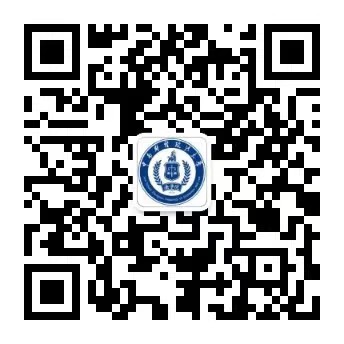讲座题目:The Challenges of Integrating Science Research into Legal Decision Making: The American Experience
主讲人:David L. Faigman (the Chancellor & Dean and John F. Digardi Distinguished Professor of Law at University of California Hastings College of the Law)
讲座地点:文治楼615会议室
讲座时间:2017年12月14日(周四)下午3:00——5:00
主题简介:David Faigman, the Chancellor & Dean and John F. Digardi Distinguished Professor of Law at University of California Hastings College of the Law, will present a lecture on American approaches to regulating the admissibility and use of scientific research in legal decision making.
Early on, beginning in 1923 in the case of Frye v. United States, American courts employed an admissibility test that looked to the pertinent field of inquiry to determine whether scientific testimony was “generally accepted” among those practicing in the field.This test had considerable benefits, because it did not require that judges have scientific or technical expertise to decide whether the testimony should be admitted.However, it also had substantial weaknesses, because it was not always clear which experts courts should consult to assess general acceptance.For instance, if the expert testimony involved forensic document examination (e.g., handwriting identification), if judges only asked document examiners whether their expertise was generally accepted, the answer was inevitably yes.They, after all, were practitioners of the art, and thus, by necessity, believed in its validity.
In 1993, the United States Supreme Court revisited the issue of what test should be used to assess the validity of scientific testimony.The Court found that the “general acceptance” test was not, by itself, required by the rules of evidence.The Court, therefore, sought to fashion a new test by which to evaluate expert evidence.In the landmark decision of Daubert v. Merrell Dow Pharmaceuticals, Inc., the Court held that judges are gatekeepers and must ensure that the underlying basis for the scientific evidence is reliable and valid.
The Daubert test, unlike the Frye general acceptance test, required judges to understand basic principles and methods of scientific inference in order to assess the reliability and validity of the evidence.American courts, however, have not demonstrated great facility with such inference and the result has been a highly uneven practice over the last 25 years using the Daubert validity test.Using examples from forensic science, medicine and behavioral psychology, Chancellor & Dean Faigman will discuss best practices in this area.
主办:中南财经政法大学法学院

